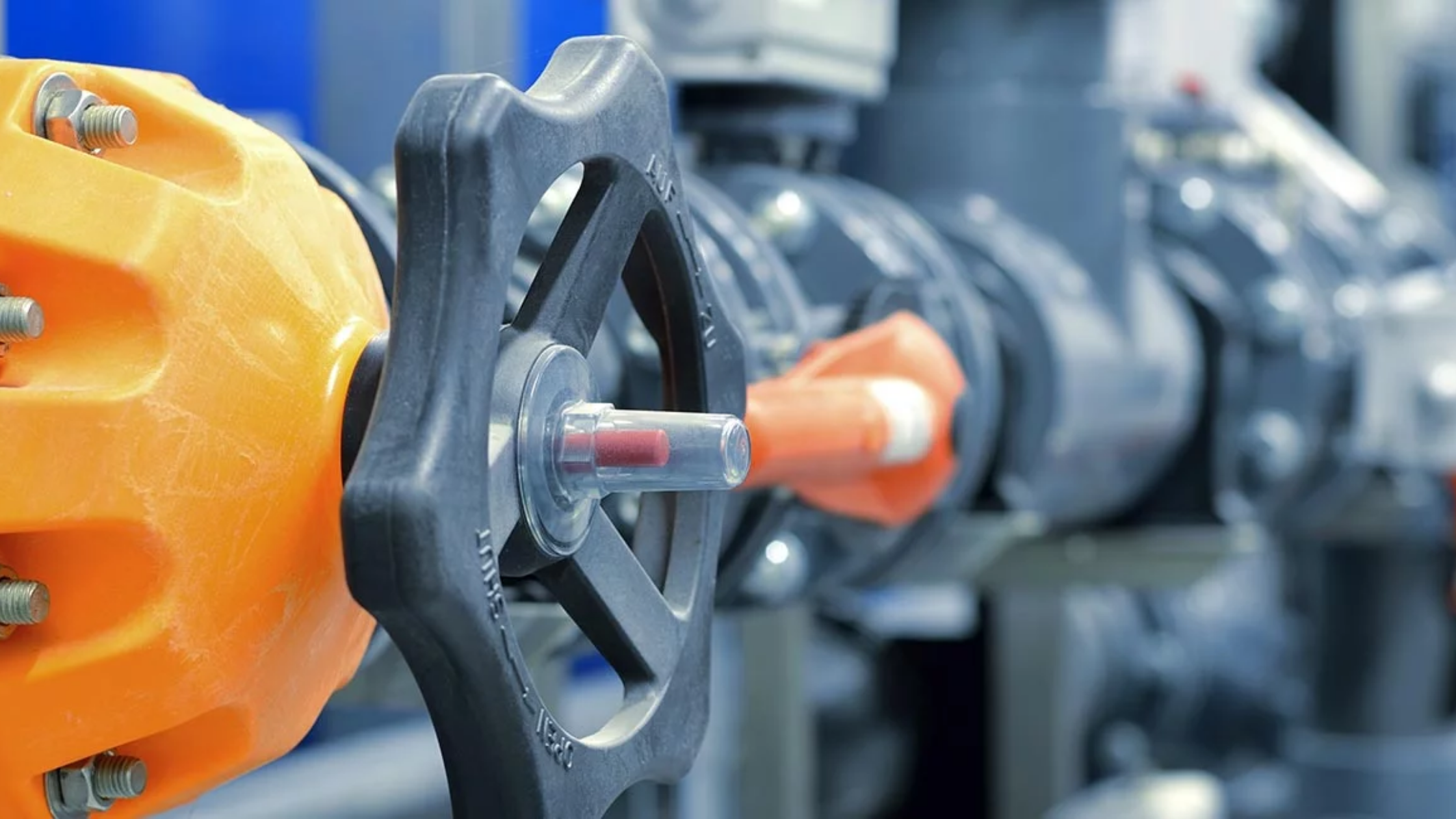Sustaining manufacturing operations now and beyond Covid-19: finding efficiencies with ERP
Throughout history there have been events that have impacted on the manufacturing sector - the Great Depression, World Wars, 9/11, the 2008 global financial crisis - but the Covid-19 era has had an unprecedented and unique impact on the industry, in that demand, supply and workforce availability are affected globally at the same time.
The Covid-19 era has seen the manufacturing industry having to swiftly adapt to a 'new normal', as countries close their borders, supply chains are disrupted, and businesses relocate to home offices. Analysing the long-term impacts of the pandemic on the New Zealand manufacturing industry is some way off, but that it IS having an impact is beyond question. According to a new survey conducted by the Institute for Supply Management (ISM), 75% of companies worldwide have reported supply chain disruptions as a result of Covid-19. Supply chains have, over the past decade, become increasingly complex, meaning that when they're disrupted, interdependencies cause a - pun intended - chain reaction that ripples through every component.
Not only that, but manufacturers are under pressure to do more with less - they're having to keep up with increasing demand, while maintaining overheads. Businesses are operating with skeleton crews, and now more than ever, managers need improved methods of maintaining visibility over their workflows and processes. Additionally, strict guidelines around social distancing and employee safety measures increase that pressure, because most manufacturing facilities aren't designed to function under those conditions or on a remote basis. Administration staff have been able to relocate to home offices, but many are facing challenges caused by a lack of proper process knowledge documented in case of absence of team members.
Opportunity emerging
However, as in the case of most crises, opportunities have arisen, and this is true of New Zealand's manufacturing industry. In fact, there's significant evidence pointing to the sector becoming the backbone of the Covid-19 economic recovery. Take the New Zealand Sock Company. With the borders closed, its management invested in high-tech machinery so that it could manufacture the socks itself instead of outsourcing to China as it had previously done. This meant more local manufacturing jobs became available, and the company has expanded its offering to PPE such as face masks.
Managing Director Euan Sparrow hopes that post-Covid-19, there'll be an increasing demand for locally-made products. "We brought production back to New Zealand," he says. "We can manufacture in Ashburton for the same price we can make it in China. The quality is higher too."
Brett O'Riley, chief executive of the Employers and Manufacturers Association, said: "Manufacturing is absolutely critical to New Zealand's recovery. It employs a lot of people, and it can potentially employ a whole lot more."
Nearly 200,000 people worked in manufacturing before the coronavirus crisis. "We have an ability to build on that, if our economy comes through this crisis in better shape than some others," O'Riley says.
Finding efficiencies with information technology
In order for manufacturing businesses to remain operational and keep up with demand during the pandemic, and for the industry to take advantage of the economic opportunities post-Covid-19, it's essential to harness digital technology to automate processes and find efficiencies wherever possible. In particular, the impact of Covid-19 on supply chains means that enterprise resource planning (ERP) platforms that include specific modules for inventory control and supply chain management are essential.
The need for automation has increased exponentially as manufacturers send their admin staff into their home offices, while maintaining production with a decreased on-site workforce.
The right ERP system can help manufacturing businesses to not only remain operational during Covid-19, but to thrive, even in the face of the challenges the pandemic is presenting. The systems manufacturers implement now will keep their businesses up and running, and performing better now and post-pandemic. The right ERP, implemented by a partner that knows and understands the manufacturing industry, will help businesses to:
- Work from a single source of truth - everyone is on the same page. All teams, regardless of location, have access to the same set of data, files, documents, resources and instructions.
- Reduce errors - elimination of manual processes mean that less mistakes are made. Problems created by human error can be costly in time and money, neither of which business owners can afford to haemorrhage during these uncertain times.
- Automate processes and workflows - at a time when maximising efficiency is crucial, an ERP system automates wherever possible, saving time and streamlining processes and workflows.
- Become more resilient – Cloud-based ERP systems, provides greater flexibility by enabling users to work securely online, anywhere and from any device. Not only that, but all teams can see changes in real time, meaning everyone is updated and working with the latest versions of any documentation. Remote access is no longer an issue and proactive response to any exceptions in the ERP system can be achieved from practically anywhere, as long as there is internet access.
What this means is that a manufacturer's information, process and documentation flow are automated and working in sync to ensure a proactive response to any exceptions in business operations. With increased demand and skeleton staff working in the production area or warehouse, an ERP system will be able to alert the relevant personnel ahead of time, regardless of their physical whereabouts, for potential issues such as stock-outs, delays in production due to machine downtime, changes in customers’ orders, etc.
At Endeavour, we work with our manufacturing clients, implementing ERP systems to deliver the required outcomes to drive efficiencies in their business operations. Support via remote access to clients’ systems has been a standard practise in Endeavour even before Covid-19, and as such, this is almost business-as-usual, even during a lockdown. We strive to deliver the best outcomes for our clients, ensuring optimal return on their investment in the ERP system.
Looking beyond Covid-9 - How an ERP system can remove constraints to growth for proven specialised and custom manufacturers
You May Also Like
These Related Stories

Endeavour doubles up on MYOB Platinum status

Excellence in the building products sector
